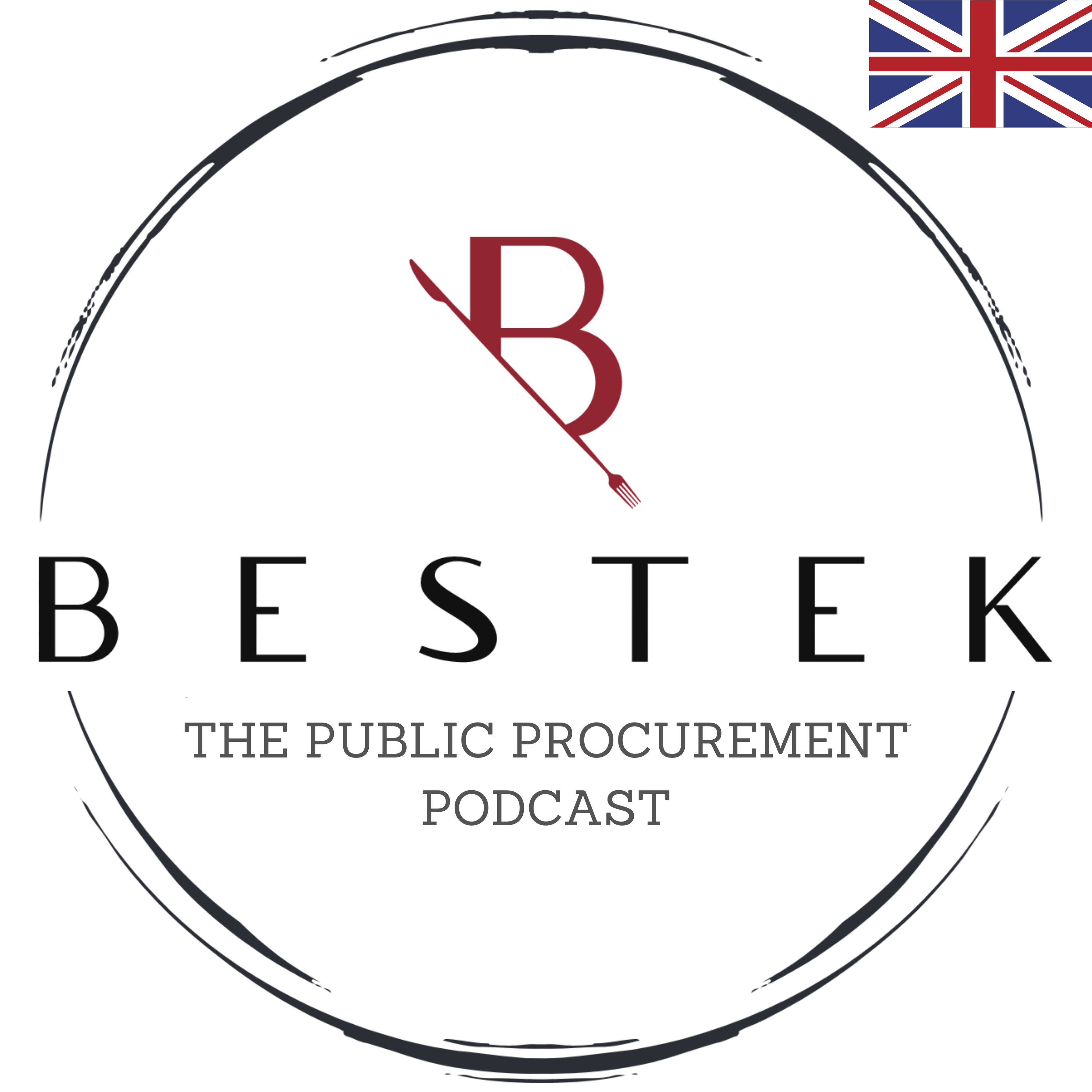Podcast: Play in new window | Download
Subscribe to the Podcast RSS | More
In this episode, Annamaria La Chimia (Nottingham University) and Marta discuss the fascinating world of development aid and procurement. What does this world look like? Where do interesting procurement questions pop up? Why should all of us know more about this international side of public procurement? Tune in now to learn more. In the dessert section, they discuss leadership in academia. What does it mean in the context of PPLG and academia more broadly, and how is it relevant to create an even better academic world?
TABLE OF CONTENTS
0:46 Entree
11:20 The Main
11:20 Development aid and procurement
50:22 Dessert
50:22 Reflection on leadership in academia

0 Comments